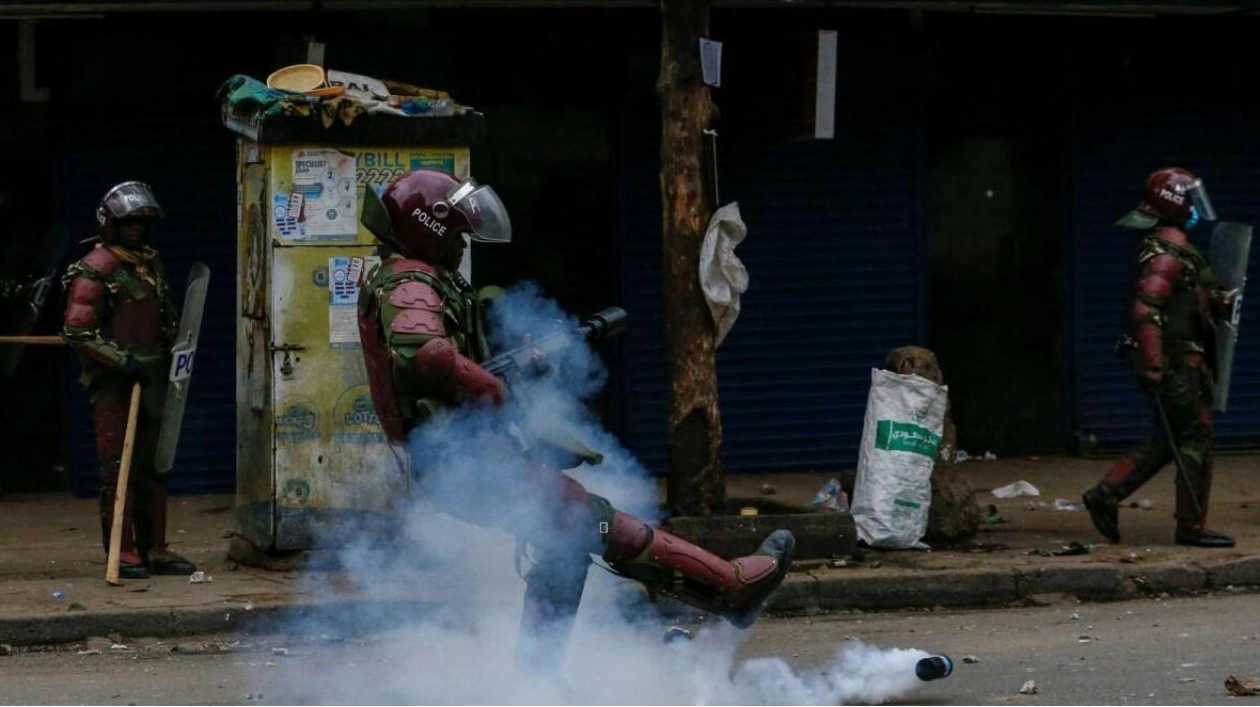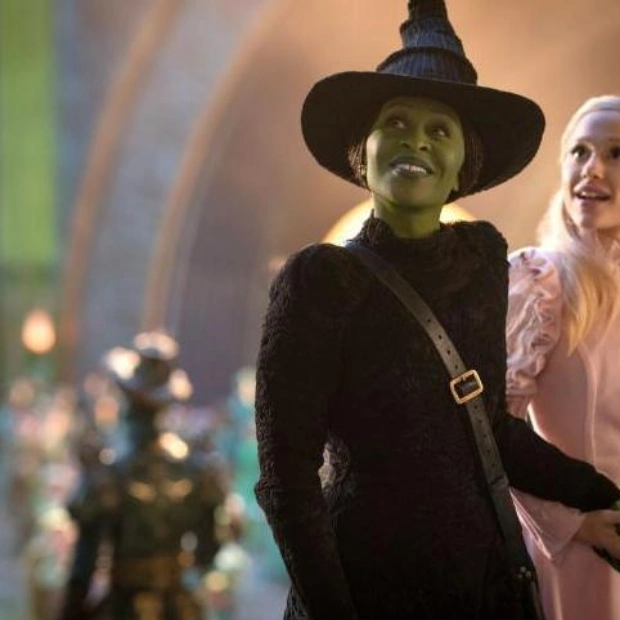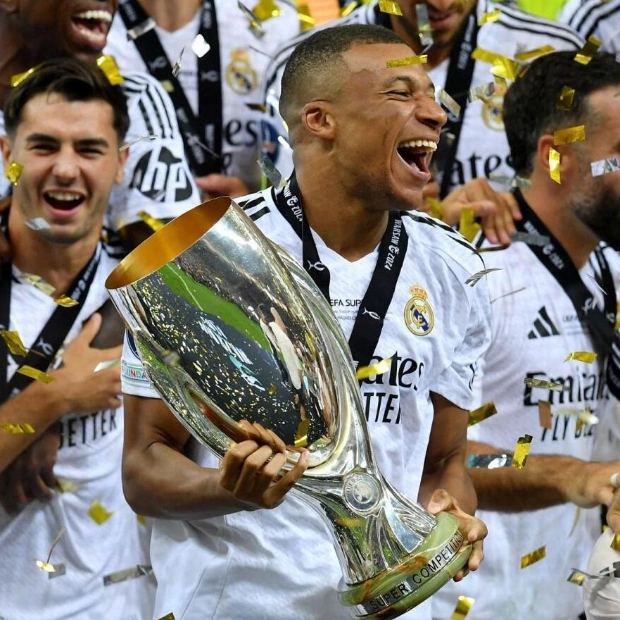On Tuesday, police in Nairobi, Kenya's capital, used tear gas against numerous demonstrators during scattered rallies demanding the resignation of President William Ruto. These protests, initially peaceful and launched a month ago by young Gen-Z activists against unpopular tax hikes, turned violent last month, leading Ruto to abandon the planned increases. Despite the reduction in street protests following the deaths of dozens and a parliamentary invasion in late June, the demand for the president's resignation persists, as evidenced by Tuesday's rallies under the hashtag #RutoMustGo.
In Nairobi's central business district, the focal point of previous protests, a strong police presence was noted, while young people equipped with clubs guarded their businesses, according to an AFP journalist. 'Why are they tear-gassing us?' Josephat Gikari asked AFP shortly after police action in the city center. 'We are not armed, we are only carrying a flag,' the 35-year-old added, accusing the police of inciting street violence. Gilbert Mutembei, waving a '#RutoMustGo' placard, emphasized, 'We are peaceful, we should be left to hold our demonstrations and we are not relenting.'
In response to the crisis, Ruto not only withdrew the finance bill with the proposed tax hikes but also dismissed his entire cabinet last week, promising further changes. Mutembei, 42, stated, 'Dissolving the cabinet is not enough,' calling for Ruto's resignation. Similar demonstrations occurred in Kisumu, an opposition stronghold, and Eldoret, Ruto's Rift Valley base, while in Mombasa, protesters waving green branches and flags briefly clashed with officers before proceeding into the city center. 'We are protesting peacefully,' small groups chanted, holding banners like 'Justice for Gen-Zs' and 'stop killing protesters.'
The Kenya National Commission on Human Rights reported on Tuesday that since the rallies began on June 18, 50 people have died and 413 have been injured, with police accused of excessive force. Previous rallies saw widespread looting and property damage, with activists alleging that their peaceful actions were co-opted by 'goons.' Acting national police chief Douglas Kanja warned in a statement about the infiltration of organized criminal groups potentially disrupting the peaceful nature of the demonstrations. Despite Ruto's attempts at dialogue, the movement has expanded into a broader campaign against his administration, demanding action against corruption and justice for victims of alleged police brutality.






